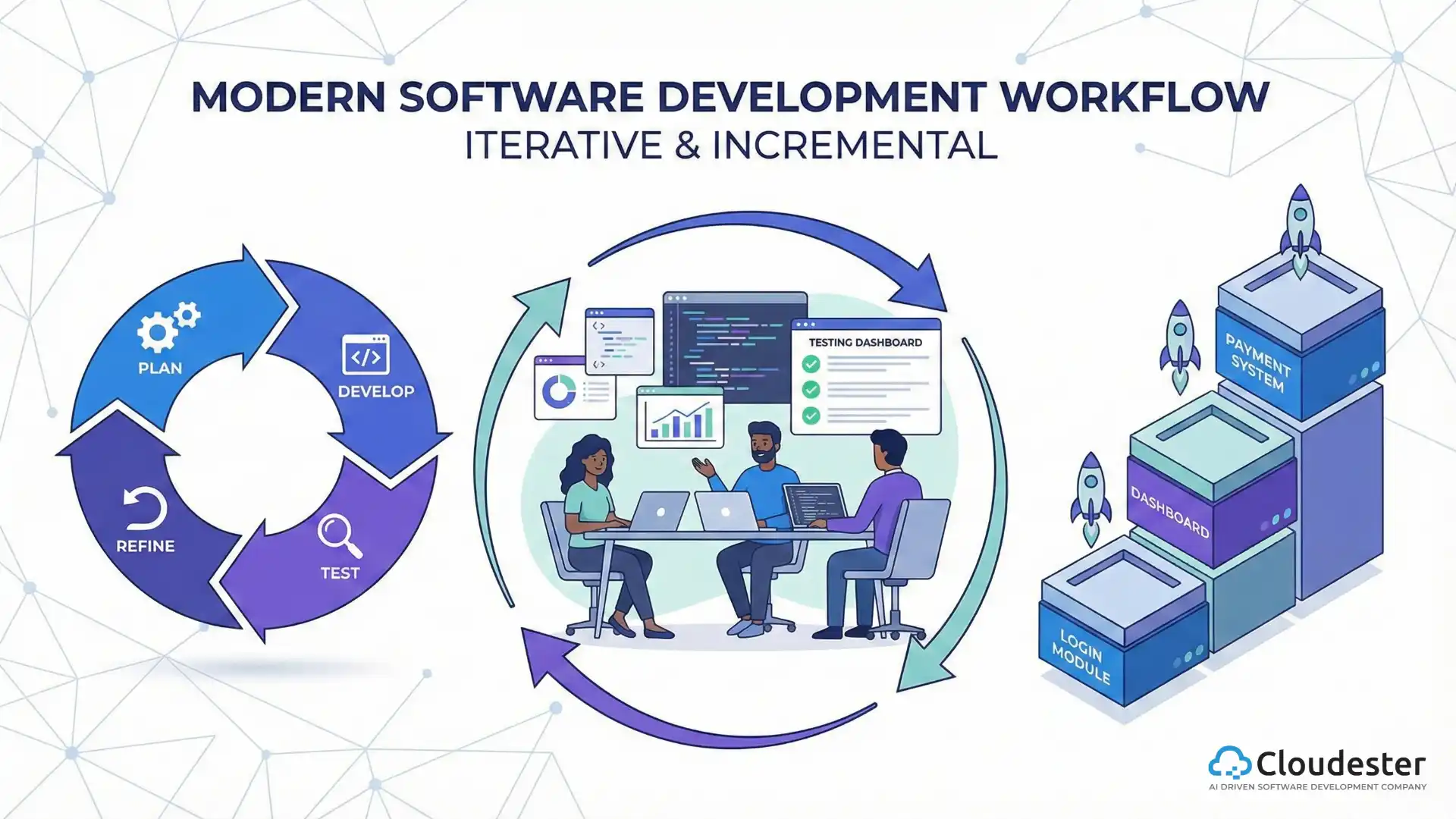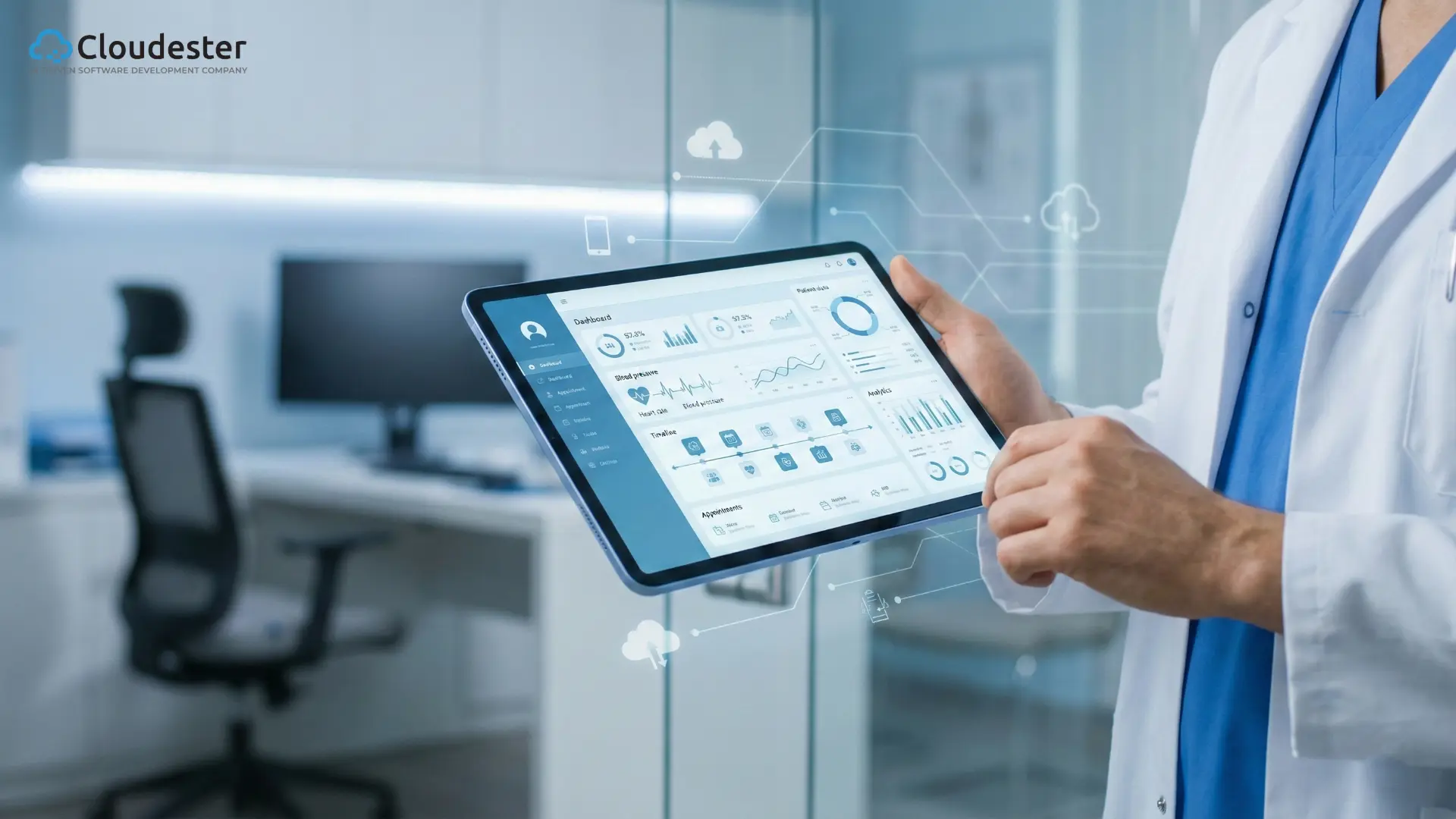Business Intelligence – The future of technology in a virtual world

We live in a tech-oriented world, giving rise to new developments every day. It isn’t a surprise to see software being taken to the next level of data integration; business intelligence is not to be left out.
Business intelligence (BI) refers to the technology-driven process of analyzing data and giving actionable insight resources that can be utilized to make smart business decisions. BI, or business intelligence, is defined as having the correct data at the right moment to make the best decision.
To help firms make more data-driven decisions, business intelligence (BI) includes business analytics, data mining, data visualization, data tools and infrastructure, and best practices.
Finally, Mobile Business Intelligence refers to the ability to access and analyze business data on mobile devices and tablets. It makes KPIs, business metrics, and dashboards more visible. Users can use and get the same features and capabilities in mobile BI software as they can in desktop / app-based BI software.
Why is mobile business intelligence important?
Every day, more companies are embracing mobile apps, such as SaaS applications, for important business processes. Whether you’re a CEO, a salesperson, a digital marketer, a department manager, or another employee, mobile business intelligence can help you raise productivity, improve decision-making, and grow your company.
Benefits of Mobile Business Intelligence:
Knowledge sharing:
Everyone can access the data and share or request the info they want now that data is at their fingertips. When data is visible and accessible, people are more likely to show it to others, ask questions, and share ideas.
As people realize the value of data knowledge, there is a rapid increase in collaboration across teams and departments. As silos are broken down and data is leveraged to its greatest potential, you can establish a stronger firm.
Improved decision-making:
When KPIs and targets are consistently displayed on everyone’s mobile devices, achieving those objectives is top of mind. Employee performance and engagement improve when goals are clear and targets to work for.
Custom AI Software Development Solution For Enterprises
Flexibility and Adaptability:
You gain a substantial competitive advantage when you can react to change in real-time, no matter where you are. You’ll be able to spot opportunities sooner, spot trends as they emerge, reduce risks faster, and adjust your firm to changes.
Challenges of Mobile BI:
Considering all the positives that mobile BI solutions provide, organizations face a number of obstacles when planning to integrate the platform successfully:
Usability:
Companies and app developers should take additional attention when creating the user interface to maximize the app’s acceptability, notably in operational environments when workers are unfamiliar with BI.
Security and privacy:
Security and privacy are one of the main concerns of mobile BI. To safeguard important business and user data, businesses must ensure that a strong security configuration is in place.
Conclusion:
As embedded analytics becomes more widespread, it will be used in a wide range of applications. These include IoT devices, healthcare apps, business teams, and genuinely data-driven businesses. Moreover, make sure it looks excellent on a variety of platforms, especially mobile, because the majority of your users will be accessing it via their iOS or Android phones, tablets, and other mobile devices.









